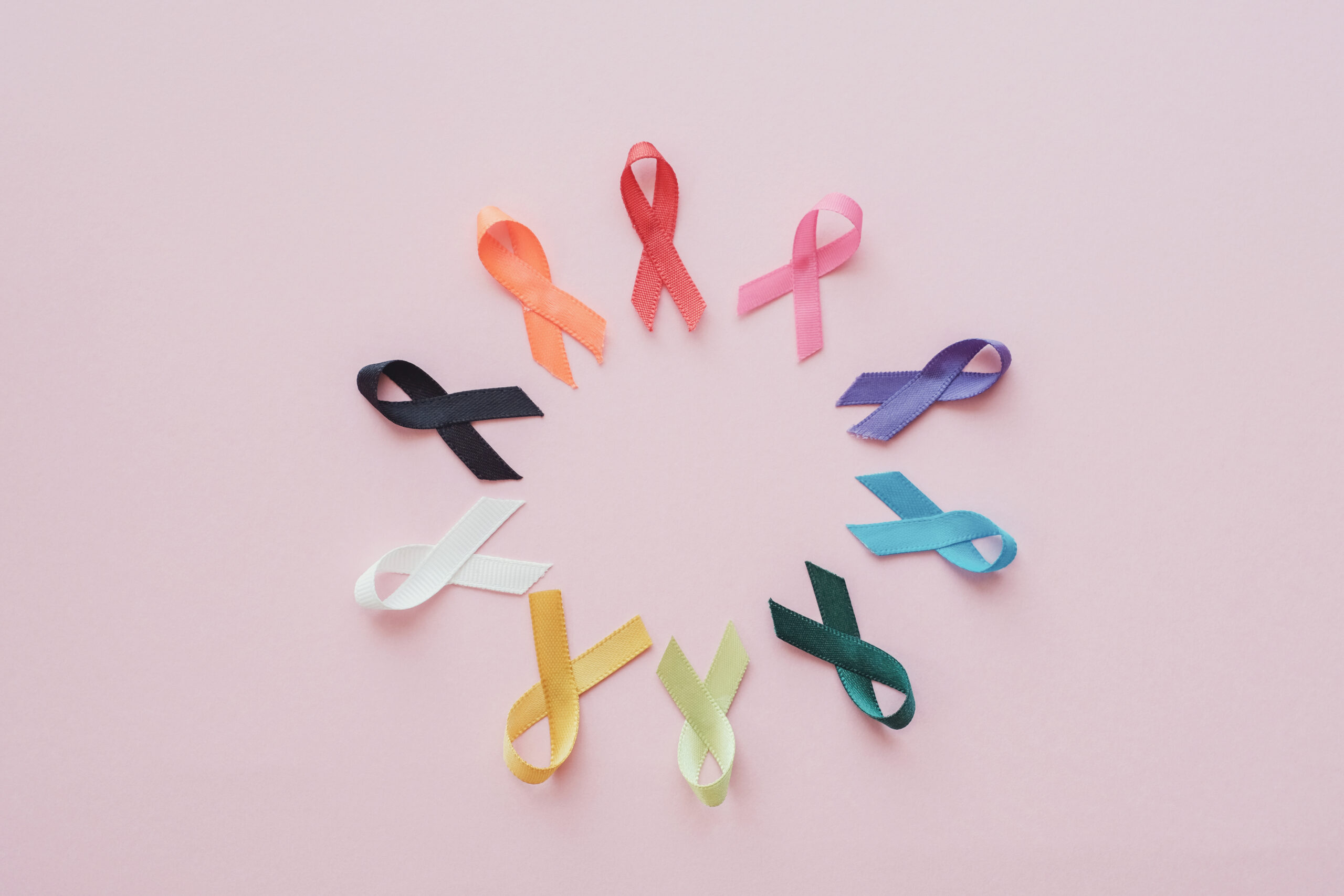Table of Contents

When faced with a cancer diagnosis, patients who cultivate a strong will to live often discover reservoirs of strength they never knew existed, transforming their journey through illness into an unexpected path of personal growth.
At a Glance
- A positive attitude can significantly impact how patients cope with cancer treatments and may even influence treatment outcomes
- Modern healthcare increasingly recognizes the mind-body connection, embracing holistic approaches to cancer care
- "Scanxiety" and fear of recurrence are common emotional challenges that can be managed with proper support
- Techniques like meditation, visualization, and cognitive behavioral therapy help patients navigate uncertainty
- Building a strong support system of healthcare providers, family, and peers is essential for emotional well-being
The Power of Will in Facing Cancer
The will to live represents one of humanity's most powerful instincts, especially when confronting life-threatening diseases like cancer. This innate drive for survival often emerges strongest when we face our greatest challenges. Research increasingly suggests that patients who maintain positive attitudes frequently cope better with treatment side effects and disease-related problems. Some evidence even indicates they may respond better to therapy, though the exact mechanisms remain under investigation in the emerging field of psychoneuroimmunology—the study of how mental and emotional activities impact physical health outcomes.
This ancient wisdom underscores modern healthcare's evolving approach toward treating the whole person rather than just the disease. Healthcare professionals now frequently incorporate techniques like meditation, biofeedback, and guided visualization to engage the mind actively in the healing process. These practices help patients develop mental resilience while potentially strengthening their immune system's response. Though scientific studies continue to explore these connections, countless individual cases suggest that a robust will to live can contribute to unexpected survival and recovery outcomes.
Navigating Emotional Challenges During Treatment
Cancer treatment presents numerous physical challenges, but the emotional landscape can be equally demanding. Nearly half of all cancer patients experience significant anxiety or distress. These feelings often intensify around treatment milestones, scan appointments, and follow-up visits—a phenomenon many survivors call "scanxiety." Acknowledging these emotions rather than suppressing them represents a crucial first step toward emotional well-being. Mental health professionals specializing in cancer care can provide valuable support through this process.
Pre-existing conditions like phobias can significantly complicate cancer treatment. Patients with needle phobias, claustrophobia, or medical anxiety may experience additional distress during necessary procedures like blood draws, MRIs, or radiation therapy. Honest communication with healthcare providers about these fears is essential. Most treatment teams can accommodate concerns by offering anti-anxiety medications, sedation options, or alternative treatment approaches. Confronting these fears directly with professional support often leads to better treatment adherence and outcomes.
3000 daily English #speaking words:
⬇️
able
about
abandon
ability
acid
abortion
add
above
again
absence
absolute
abroad
absolutely
absorb
abuse
academic
accept
access
accident
accompany
accomplish
according
account
accurate
accuse
achieve
achievement
acid
acknowledge
acquire…— Math English For All (@mathenglish4all) February 3, 2024
Living with Uncertainty and Finding Hope
Perhaps the most challenging aspect of the cancer journey is learning to live with uncertainty. Cancer disrupts our sense of control over our lives and futures, forcing us to navigate a "new normal" filled with unknowns. Fear of recurrence remains particularly common among survivors, with many experiencing intrusive thoughts or anxiety triggered by routine body sensations, medical appointments, or anniversary dates related to their diagnosis. These reactions represent normal responses to an abnormal situation, not signs of weakness or failure.
Effective strategies for managing these fears include identifying personal triggers, developing coping skills, and establishing a balanced awareness of health concerns without becoming hypervigilant. Cognitive Behavioral Therapy (CBT) has shown particular effectiveness in helping cancer survivors reframe catastrophic thoughts and reduce anxiety. Many survivors also report that mindfulness practices, physical activity, creative expression, and connection with support groups provide meaningful relief. Interestingly, facing mortality often leads to profound personal growth, with many survivors reporting renewed appreciation for life and deeper connections with loved ones.
Strengthening the will to live involves active participation in treatment decisions, open communication with healthcare providers, maintaining hope while setting realistic expectations, and prioritizing self-care. While cancer forces us to confront the unknown, it also offers an opportunity to discover inner strength, redefine priorities, and embrace life with renewed purpose. The transformation that occurs through this journey often reveals capacities for resilience, gratitude, and meaningful connection that might otherwise remain undiscovered.
